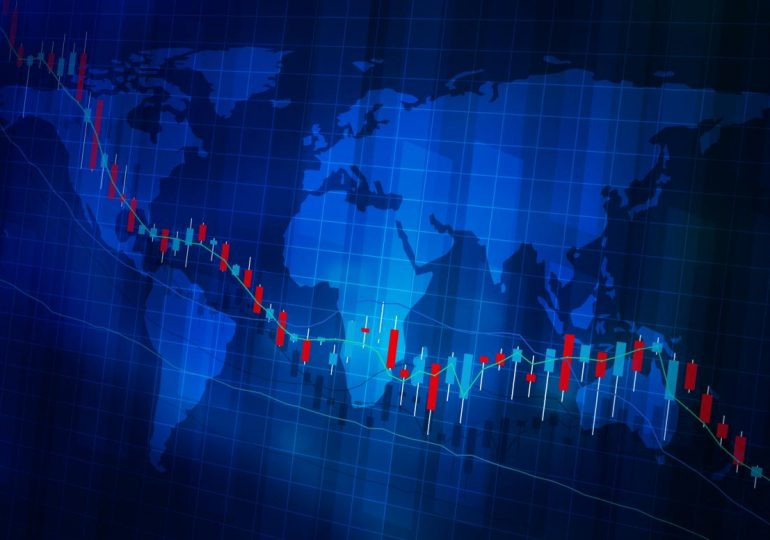
Many experts warned about a tough August, as there are usually risks of falling currencies and high volatility at the end of summer. However, the month passed calmly, despite the nationwide protests in Belarus and the difficult relations between Washington and Beijing. Investment flows are on the way to recover. Stock market capitalization has achieved the highest level. Moreover, average US dollar bond spreads are at their lowest level since early March.
However, not everything is so optimistic. Do not forget about the growth of the COVID-19 cases in some countries. In addition, the Fed's stimulus will end soon. Also, the outcome of the US elections could be dangerous. This event could have negative consequences regardless of the winner. So, what will surprise investors in autumn?
Firstly, it could be a victory of Democrat Joe Biden in the US presidential elections. Biden's political strategy significantly differs from Trump's one. Biden is expected to restore international relations. However, individual markets could be under pressure from reduced investment and trade flows. Timothy Ash, strategist at BlueBay Asset Management, warns that investors will have to learn to live with the new sanctions that Biden may impose. The politician will focus on human rights and democratic standards. This will become the foundation of the international relations.
Secondly, we should remember about the tensions with China, which have stifled President Biden's attempts to turn the disputes with Beijing into constructive dialogue. That is why, many traders do not invest in Chinese assets. As a result, markets are likely to see another sell-off.
Moreover, if Donald Trump takes the presidency again, the Cold War would only worsen. A military conflict in the South China Sea may begin very soon. Ultimately, global markets would collapse.
In addition, a turbulent situation is observed in Latin America. There are really tough demonstrations against the level of poverty and the rapid spread of the coronavirus. Latin America lags far behind the economies of Asia and Europe, where living standards are much better. The region is losing ground compared to other emerging markets and Argentina is tightening capital controls. Index provider MSCI may start national classification of emerging markets.
Daniel Tenengauser, head of market strategy at Bank of New York Mellon, argues that the pandemic will lead to a sharp jump in poverty in Latin America.
Moreover, the Mediterranean countries are losing their popularity due to the weakening economy of the region. In this regard, Turkish President Recep Tayyip Erdogan is increasing the degree of political assertiveness. This could lead to new more serious sanctions from the European Union. In turn, this may result in a new round of falling lira exchange rate, and the authorities will be forced to tighten control over the market.
Finally, the situation in Libya could bring down the markets in the autumn. A civil war in Libya could bring Egypt, France, Turkey, the United Arab Emirates, and Russia into conflict. Turkey and Egypt have sent their military forces to Libya and to its borders. The situation is really alarming. The government of the country believes that the introduction of forces from other states is a declaration of war. There is a risk that neither the EU nor the United States will be able to settle the situation, and investors will begin to withdraw funds from the countries involved in the conflict. The cost of default insurance could skyrocket amid a sell-off.





















